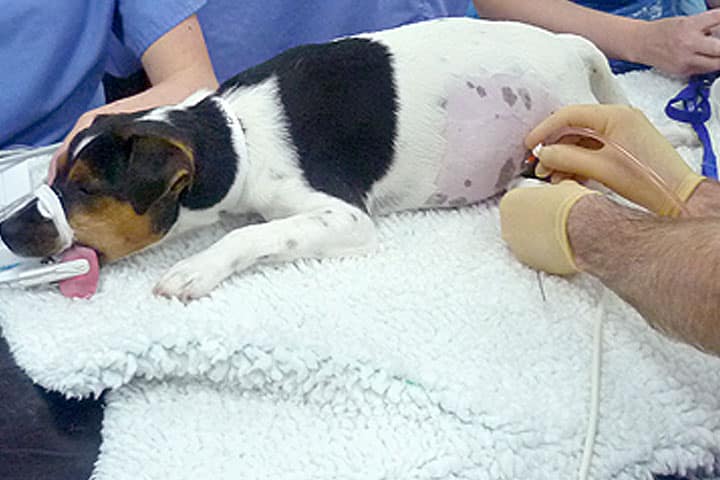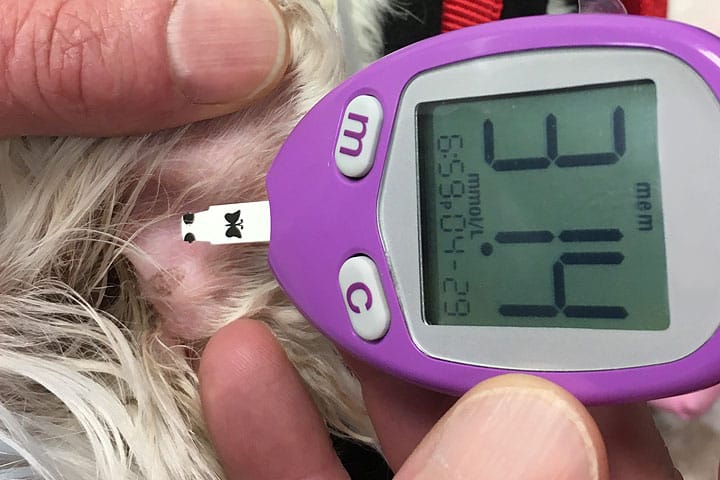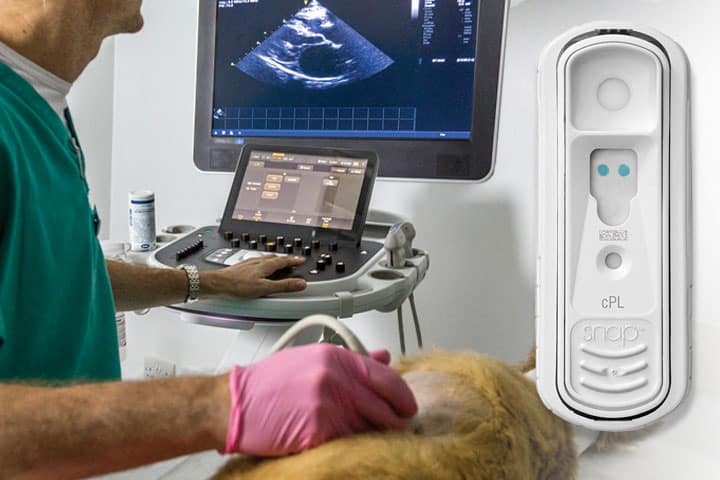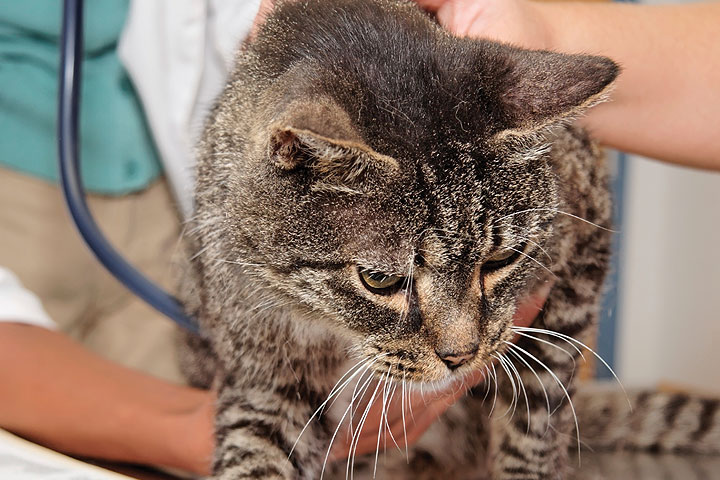Case Based: Medical Mystery Tour!
Medical problems in dogs and cats are often complex and cases never come into the consulting room displaying a keyword to look up in the index of a text book! Case-based learning is something we all do every day but working through someone else’s cases can help emphasise how a clear and logical approach can…
Read MoreDiabetic Dramas!
A pragmatic overview of Diabetic Ketoacidosis (DKA) and Hyperosmolar Hyperglycaemic Syndrome (HSS). If diabetes is undiagnosed or uncontrolled, a series of metabolic events can occur that lead to diabetic ketoacidosis (DKA). DKA is a combination of hyperglycaemia, ketonaemia and metabolic acidosis. Not all patients with diabetic ketosis will be acidotic. DKA is relatively uncommon, but…
Read MoreFocus on: Disorders of EPO Excess
These cases are not common but can present in interesting and dramatic ways! For those with a keen interest in internal medicine (or those that are well caffeinated), this lecture aims to provide a comprehensive overview of erythrocytosis and polycythaemia. Focus on: Disorders of EPO Excess
Read MoreAntitussives
Chronic coughing can impact a pet’ s quality of life. Although a number of antitussive drugs and strategies exist, management can be frustrating due to inconsistent efficacy, which can reduce further over time. Other issues include adverse effects, cost of medication, and availability. A perfect antitussive drug does not yet exist and medications targeting new…
Read MoreCanine Acute Pancreatitis: Fact vs Fiction
Another pancreatitis case? Or is it?… A critical assessment of the diagnostic blood test options available for investigation of canine pancreatitis. Just how reliable is a positive Spec PL/SNAP PL/DGGR? An honest and pragmatic approach to the diagnosis and treatment of acute pancreatitis in dogs. Canine Acute Pancreatitis: Fact vs Fiction
Read MoreFeline Hyperthyroidism
Hyperthyroidism is a common endocrine disease that has many treatment options available, but managing these cases can sometimes be challenging. During this webinar we review the diagnosis of feline hyperthyroidism, the relevance of concurrent renal disease, treatment options and the importance of avoiding concurrent hypothyroidism. More information on Feline Hyperthyroidism visit the clinic pages offered…
Read MoreDiagnostic Approach to the Vomiting Dog
This webinar will guide you on a step-by-step basis on how to approach the vomiting dog, from basic diagnostic tests, treatment trials and indicators for intestinal biopsies. Diagnostic Approach to the Vomiting Dog
Read MoreThe Management of Feline Hypersomatotropism (HS)
Hypersomatotropism (HS) is the excessive production of growth hormone (GH) by the pituitary gland. Acromegaly is the clinical syndrome which results from this, with the classic broad facial features, prognathia inferior, snoring and stertor (due to excess tissue growth in the airways), myocardial thickening and large paws. Hypersomatotropism is the preferred term for this disease…
Read MoreDiagnosing and Managing Canine Hypothyroidism
Hypothyroidism is a common endocrine disease in dogs. The most common causes are lymphocytic thyroiditis or idiopathic thyroid atrophy. Although diagnosis can be straightforward in some patients it can be more challenging in others. What is the signalment and most common clinical signs? Typically middle-aged to older dogs are affected. The onset of clinical signs…
Read MoreInvestigating Hypoglycaemia in Dogs and Cats
Hypoglycaemia is defined as blood glucose (BG) < 3.3 mmol/l. Patients typically present with weakness, trembling, or collapse with neurological signs varying from altered states of consciousness to seizures. Blood glucose measurement Note that blood taken in a serum or heparin tube must be run within 30 minutes to prevent artefactual hypoglycaemia. If sending to…
Read More








